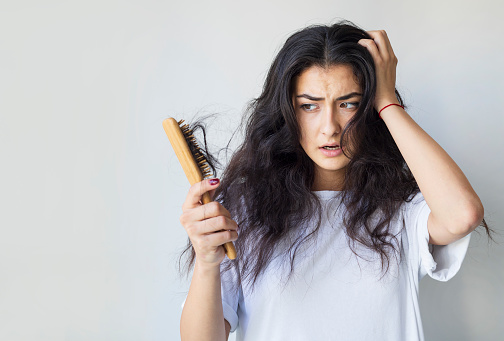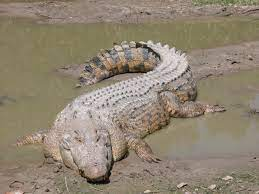How To Reduce Hairfall
Hair fall is a common problem that affects both men and women of all ages. While it is normal to lose some hair every day, excessive hair fall can be a cause of concern. If you're struggling with hair fall, here are some tips on how to reduce it:
Eat a Healthy Diet: Your hair is made up of protein, so it's important to eat a balanced diet that includes plenty of protein-rich foods like fish, chicken, eggs, and beans. Eating a variety of fruits and vegetables can also help provide your body with essential vitamins and minerals.
Manage Stress: Stress can contribute to hair fall, so finding ways to manage stress is important. Consider practicing yoga, meditation, or deep breathing exercises to help reduce stress levels.
Avoid Tight Hairstyles: Tight hairstyles like ponytails, braids, and cornrows can pull on your hair and cause damage. Consider wearing looser hairstyles to help prevent hair fall.
Use a Mild Shampoo: Using a mild, sulfate-free shampoo can help prevent hair fall by reducing damage to your hair. Avoid shampoos with harsh chemicals that can strip your hair of its natural oils.
Avoid Heat Styling Tools: Heat styling tools like flat irons and curling irons can cause damage to your hair, leading to hair fall. Consider air-drying your hair or using low-heat settings on your styling tools.
Massage Your Scalp: Massaging your scalp can help improve blood circulation, which can promote hair growth and reduce hair fall. Use your fingertips to gently massage your scalp for a few minutes each day.
Take Supplements: Taking supplements like biotin, iron, and zinc can help support healthy hair growth and reduce hair fall. Consult with your healthcare provider before starting any supplements.
Avoid Chemical Treatments: Chemical treatments like hair dye, perms, and straightening treatments can cause damage to your hair, leading to hair fall. Consider avoiding these treatments or limiting them as much as possible.
Use Natural Remedies: Natural remedies like aloe vera, onion juice, and coconut oil can help nourish your hair and promote hair growth. Apply these remedies to your hair and scalp regularly to help reduce hair fall.
Get Enough Sleep: Getting enough sleep is important for overall health, including healthy hair growth. Aim for 7-8 hours of sleep each night to help reduce hair fall.
Avoid Over-Washing: Washing your hair too often can strip it of its natural oils, leading to hair fall. Aim to wash your hair 2-3 times a week to help maintain healthy hair.
Use Cold Water: Hot water can damage your hair and cause it to fall out. Rinse your hair with cold water after washing to help seal the cuticles and keep your hair healthy.
Protect Your Hair from the Sun: Exposure to the sun can damage your hair, leading to hair fall. Consider wearing a hat or using a hair product with UV protection when you're outside for long periods.
Avoid Smoking: Smoking can contribute to hair fall by reducing blood flow to your scalp. Consider quitting smoking to help improve your overall health and reduce hair fall.
Treat Underlying Health Conditions: Certain health conditions like thyroid problems and autoimmune disorders can contribute to hair fall. If you have an underlying health condition, work with your healthcare provider to manage it and reduce hair fall.
Don't Brush Wet Hair: Wet hair is more fragile and prone to breakage, so avoid brushing it when it's wet. Instead, use a wide-toothed comb to gently detangle your hair.
Consider Hair Supplements: Certain supplements like saw palmetto and pygeum can help reduce hair fall in men with androgenic alopecia. Consult with your healthcare provider before starting any new supplements.
Avoid Tight Hats: Wearing tight hats or helmets can put pressure on your hair, leading to hair fall. Consider wearing looser hats or helmets to help prevent hair fall.
Trim Your Hair Regularly: Regular trims can help prevent split ends and breakage, which can contribute to hair fall. Aim to trim your hair every 6-8 weeks.
Be Gentle with Your Hair: Avoid pulling or tugging on your hair, as this can cause damage and hair fall. Use gentle hair ties and avoid using hair accessories that can pull on your hair.
By incorporating these tips into your daily routine, you can help reduce hair fall and promote healthy hair growth. Remember to be patient, as it can take time to see results. If you continue to experience excessive hair fall, consider consulting with a healthcare professional.



Comments
Post a Comment